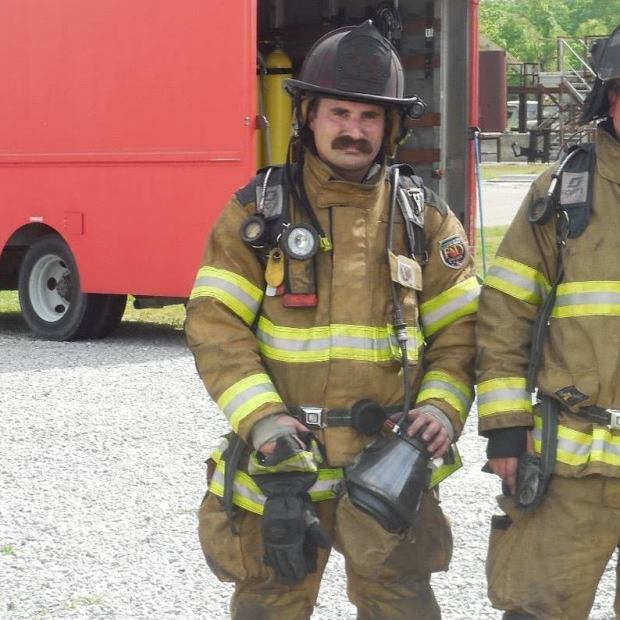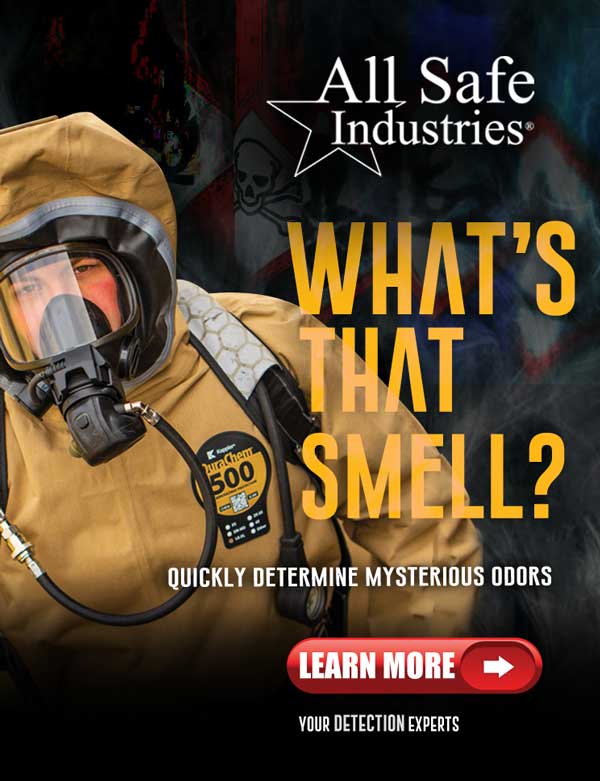Industrial Fire Familiarization: Benzene
Benzene exists heavily in our modern oil refining, as well as chemical refining processes. The chemical itself is naturally found in crude oil, and is also produced in certain processes in the gasoline refining process. As responders we have a double threat to worry about, it’s health effects, and flammability.
Why are we making Benzene?
Without giving away trade secrets, Benzene is a byproduct of oil refining by way of Catalytic Reforming. In this process we liberate many aromatic compounds which include xylene, toluene and others. The Benzene product is then, for the most part sold for further chemical processing. The benzene is widely used for Styrene production for plastics.
Our first priority
Benzene is the type of chemical that will come back to haunt you down the road. We have known about its cancer causing properties for some time and must protect ourselves. Deploying air monitoring as soon as possible, and getting our respiratory PPE should be high on our priority list. While some cartridge half face respirators are ok’d for use, fresh air is usually your hot zone go to. Benzene is also fairly flammable with a flashpoint of about 12 degrees Fahrenheit, so an active leak with no fire definitely warrants a foam blanket.
Health
OSHA has some pretty strict permissible exposure limits for benzene, due to its long term health effects. OSHA says that the maximum allowable exposure for a worker during an 8 hour work day/40 hour work week is 1 ppm. In 1948, the American petroleum institute issued a statement saying that “It is generally considered that the only absolutely safe concentration for benzene is zero.” On top of being a known carcinogen, benzene is also believed to lead to bone marrow failure.
Take your own, and your crews safety seriously. The chemicals we deal with out here are real, with real health effects.

About the Author
Ryan Henry
Ryan Henry currently serves as the training officer for two volunteer fire departments in Calcasieu Parish Louisiana. Ryan also works in operations at a major gulf coast oil refinery, and serves as an ERT firefighter, as well as their Hazardous Material Response Team Training Coordinator. Ryan holds an AAS degree in Process Plant Technology and currently serves as a LSU/FETI Lead Evaluator for Louisiana.



